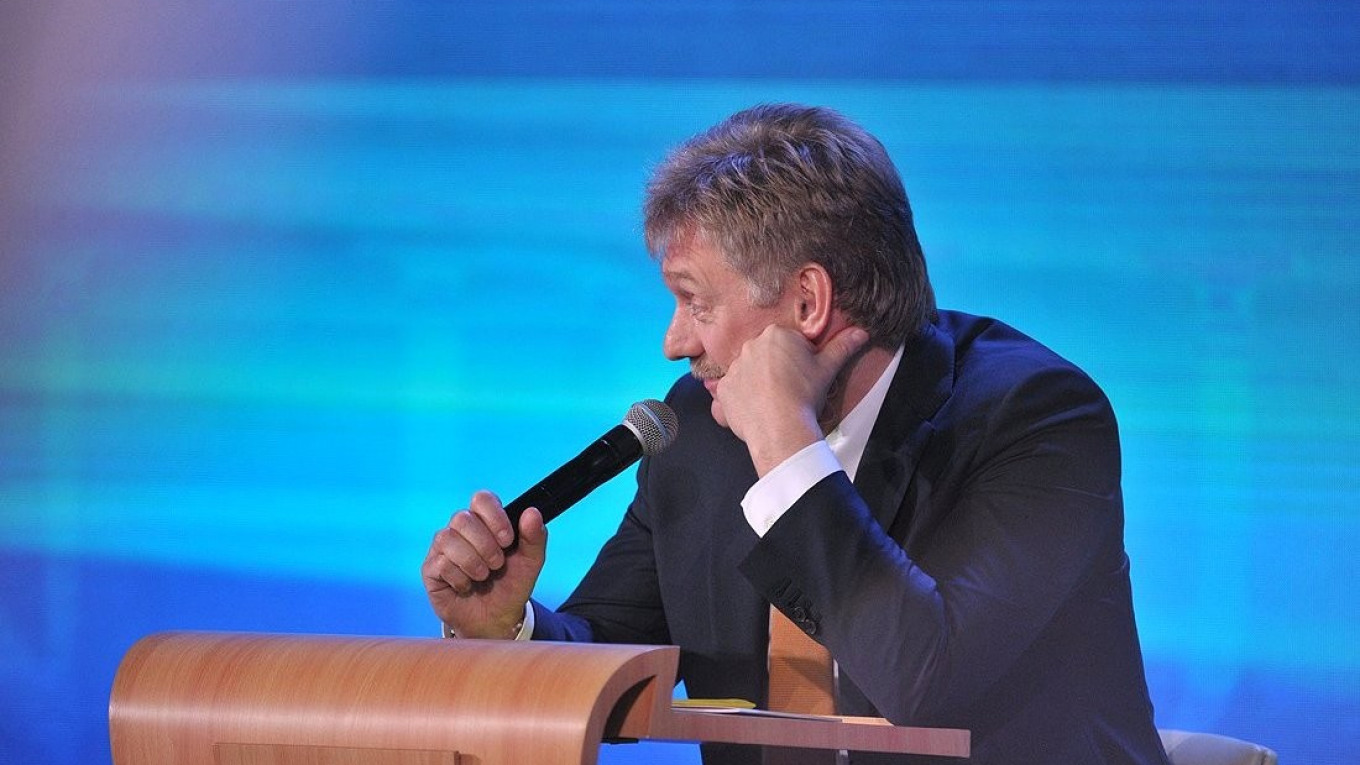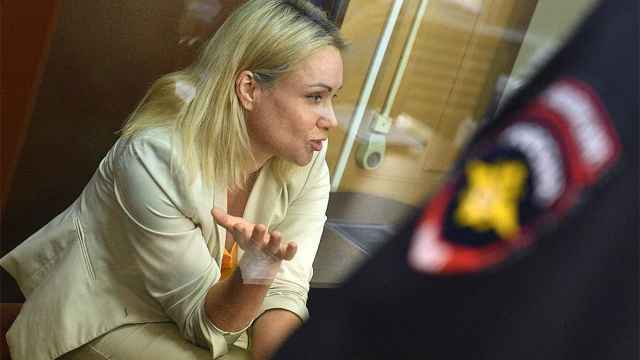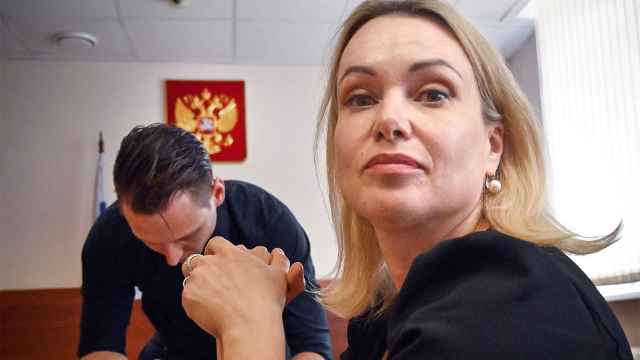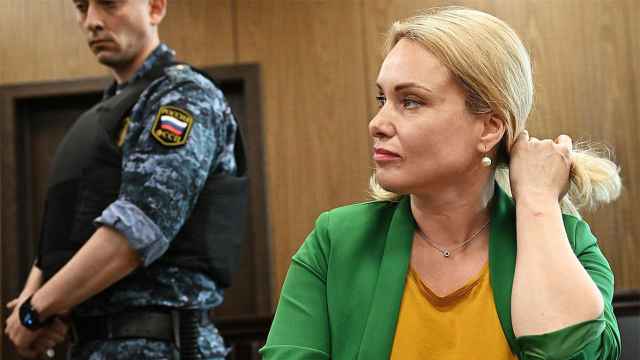It’s possible that mistakes were made during last week’s arrest of prominent investigative reporter Ivan Golunov on large-scale drug trafficking charges, the Kremlin has said.
Anti-corruption journalist Golunov was detained and formally charged in a case that has drawn international attention to Russia’s media climate. The Interior Ministry on Friday published nine photos that it described as showing narcotic substances and scales found in Golunov’s apartment, which it later deleted after acknowledging that eight of the photos were taken at a different apartment.
“Errors can never be ruled out. Mistakes are made, including by journalists, when they write certain materials, especially in large quantities,” Kremlin spokesman Dmitry Peskov said when asked whether the Kremlin’s confidence in the Interior Ministry had changed.
Interior Ministry analysts said on Sunday that no traces of drugs had been discovered on Golunov’s palms or fingernails following his arrest, said Pavel Chikov, head of the Agora human rights organization.
Reports of rights violations during Golunov’s detention, including him being barred from speaking to his attorney and his alleged injuries during detention, are a matter for the Prosecutor General’s office, Peskov said.
The Kremlin’s position on the Golunov case is based on official Interior Ministry information only, he added.
“The Kremlin has no right to comment on criminal cases, but we are very closely observing all the details. Because this case is resonating so much, it requires special attention,” he said.
Golunov’s colleagues at the Meduza news website say the charges against him were likely fabricated as revenge for an investigation he had been working on.
In a joint statement published Monday, three of Russia’s leading newspapers said evidence against Golunov was shaky, cast doubt over the legality of his detention and demanded a review of police behavior.
A Message from The Moscow Times:
Dear readers,
We are facing unprecedented challenges. Russia's Prosecutor General's Office has designated The Moscow Times as an "undesirable" organization, criminalizing our work and putting our staff at risk of prosecution. This follows our earlier unjust labeling as a "foreign agent."
These actions are direct attempts to silence independent journalism in Russia. The authorities claim our work "discredits the decisions of the Russian leadership." We see things differently: we strive to provide accurate, unbiased reporting on Russia.
We, the journalists of The Moscow Times, refuse to be silenced. But to continue our work, we need your help.
Your support, no matter how small, makes a world of difference. If you can, please support us monthly starting from just $2. It's quick to set up, and every contribution makes a significant impact.
By supporting The Moscow Times, you're defending open, independent journalism in the face of repression. Thank you for standing with us.
Remind me later.






